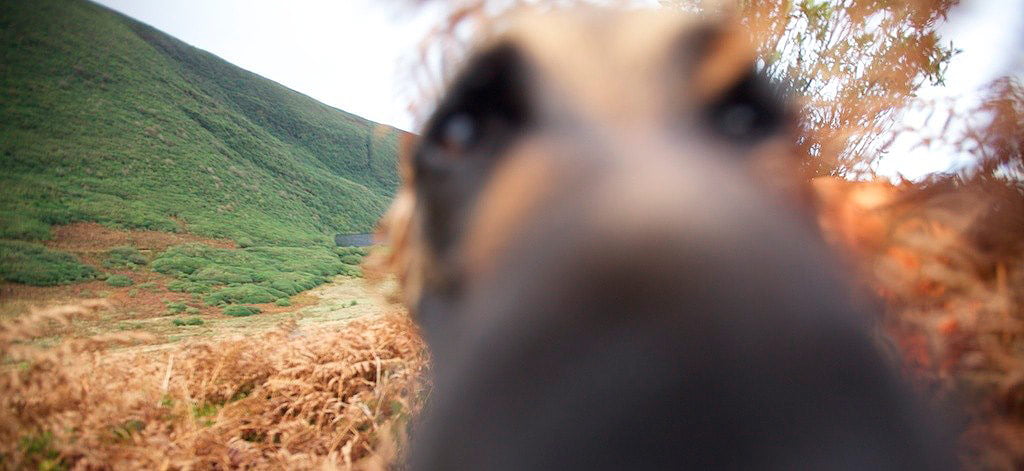
How are dogs trained?
Acceptance for training with SARDA
Prior to acceptance for training with SARDA a young dog will be tested and accredited for:
- Obedience
- Safety with stock
- All dogs accepted for training must be friendly towards people and are progressively socialized with people of all ages, including babies, toddlers, children and the elderly
Reward based searching
The dogs are initially taught to look for a reward (play toy or food treat) from a variety of people, gradually learning to run out and then search for these people in simple situations. This progresses until the dog learns to search for long periods looking for a person who will reward them with a game, or sometimes a food treat. Eventually they will no longer receive a reward from the missing person until their handler has joined them at the body. Ultimately they will search with enthusiasm for many hours, anticipating their reward.
Air scenting
Dogs are taught to locate the person by air scent. This is initially accomplished by placing the dog downwind of their source ‘body’. The dogs quickly learn to use their scenting capability to find their target. As they progress they learn to work across the wind to cover large areas and sniff out missing people.
Indicating the find
In real life search situations the dog may be out of sight and earshot of handler, sometimes owing to distance, other times owing to weather conditions. For this reason dogs are trained to return to the handler after finding their source body. On their return they are taught to indicate their find to the handler and then bring the handler back with them to the missing person. Depending on the distance between the handler and the located person, the dog may have to make a number of return trips between body and handler.
Handler training
Handlers receive training and, where appropriate, professional qualifications in:
- First aid
- Radio procedures
- Search skills
- Mountain skills level 1

